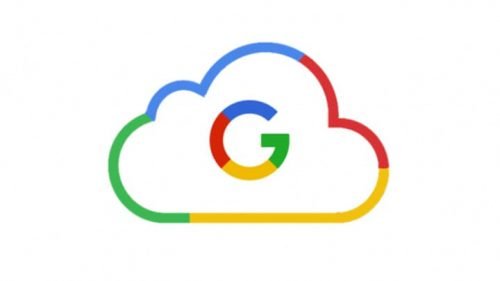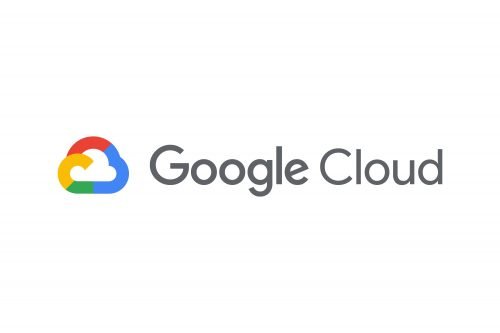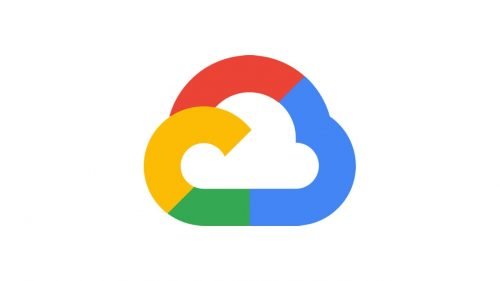Google cloud is online web-service software, launched by Google in 2008. The service is specialized in data storage but also has such functions as statistics and management tools. Available for Android and Chrome, the platform is considered to be one of the most popular storing and database online services in the world.
Meaning and history
The visual identity of the data storage service is fully based on corporate style and colors. The logo of the software is composed of a colorful emblem with a simple and minimalist wordmark on its right. The emblem is also used on its own, as the service’s icon for web and applications.
The gray wordmark is composed of two words “Google” and “Cloud” which are executed in the same style and color, but with different thickness of the lines. The inscription is perfectly balanced in terms of size and spacing and has its two parts separated from each other, which adds lightness and harmony to the whole logo.
The emblem is a stylized image of a cloud, executed in one thick line, which is curved into the center on its right. The curve is colored yellow and resembles the upper part of the letter “G”. The whole cloud features all the signature Google colors — yellow, red, blue, and green, and they all have their meanings, which make an inevitable part of the company’s philosophy and principles.
Colors
The multicolor Google logo features all four main colors of the color specter, they look bright and eye-catching, though they are also meaningful and brilliantly reflect the essence of the company. Green stands for growth, progress, and wealth, while red is the symbol of warmth, passion, and love. Yellow is a color of happiness and creativity, the color of the sun, and smiles. Blue is a professional and reliable tone, standing for quality, loyalty, and trust. The white background of the logo adds a sense of loyalty and transparency and elevates the whole logo on a new level.
Font
After the corporate redesign, Google started using a new custom typeface, which is a very minimalist and neat sans-serif, resembling Pulp Display, with its accurate lines and traditional contours. The font adds a sense of modernity and progressiveness, leaving the main place to the emblem and making the wordmark look professional and minimalist.










